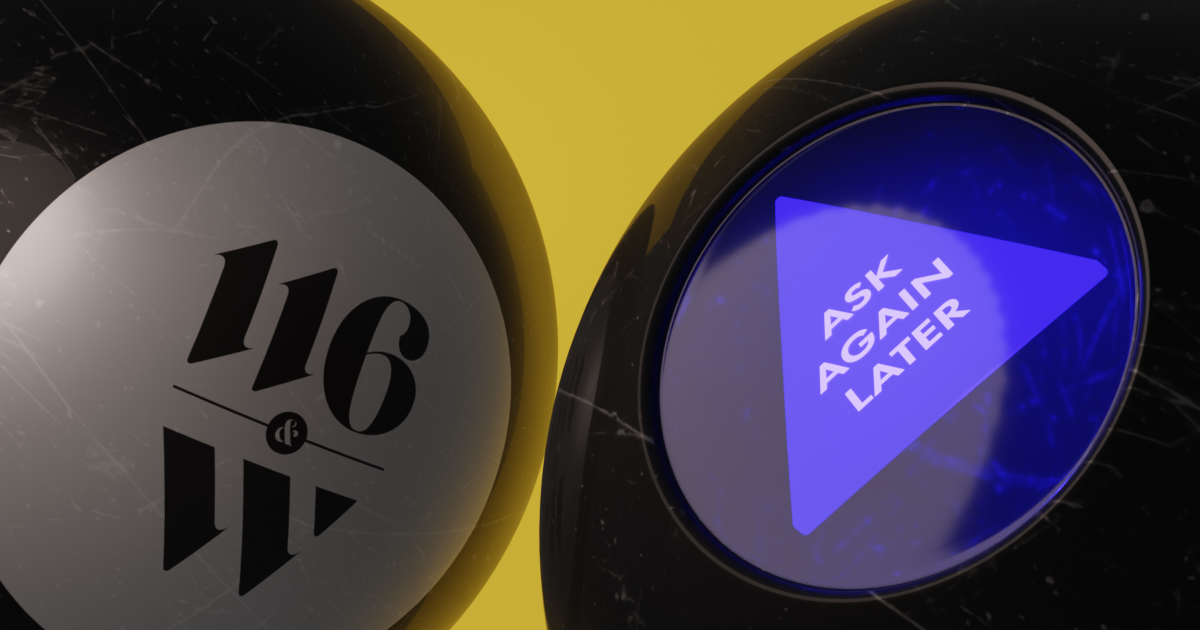11.9.23 | Read Time: 4 min
Writing and AI
116 & West
I have a confession to make. I avoided ChatGPT with fervor, hoping it was a passing phase — a shiny new toy that eventually everyone would stop playing with. Joke’s on me because ChatGPT is not going anywhere. It will likely become more advanced and even harder to ignore. Resisting is futile, my friends. So buckle up – we’re off to the land of robots.
ChatGPT Presents a Brave New World
The AI writing assistant ChatGPT was launched on November 30, 2022. In its brief lifespan, it has arguably raised more questions than offered answers – as lawyers scurry to determine copyright laws, intellectual property, and what exists in the public domain. Simultaneously, writers have been trying to figure out what belongs to them, what the future holds for their career, and what it all means for TV, film, web, and more. It’s been a lot, and we’re just getting started.
On May 2, 2023, the Writers Guild of America (WGA) took center stage, striking for a whopping 146 days. One of the demands of their contract was to clarify the use of AI-generated material. Details of the agreement outline four main points:
- AI will not be considered source material.
- Writers are in no position to be required to use AI.
- It must be disclosed if anything that is given to a writer was previously generated by AI.
- The exploitation of writer’s material to train AI is prohibited.
All of the above ensures generative AI will be used as a tool for research and idea generation only, setting an important precedent for how writing and AI will get along in the future. We are at an inflection point, and setting guardrails around the use of AI as it evolves at a breakneck pace is essential for creative fields.
How Can I Use AI to Write?
After I decided to stop avoiding ChatGPT and began using AI as a Content Writer, I found it incredibly helpful when I was staring at a blank page questioning the mysteries of the universe. It is a writing tool, not unlike Grammarly, one that can be helpful to jump-start the writing process, to make an outline, or as a search engine alternative (sorry, Google).
AI creates efficiency in the brainstorming and research process by generating answers to prompts in plain language. But buyer beware because when ChatGPT answers a prompt, there can sometimes be inconsistencies or inaccuracies; it is far from perfect. For this reason, it is recommended to have a keen eye and a healthy distrust of robots.
Trouble is Brewing
As ChatGPT combs the internet for answers to prompts and has been trained to learn the styles of comedians, authors, and playwrights, it is not without controversy. Comedian Sarah Silverman announced a lawsuit this summer against Open AI, asserting that her work is being used without her knowledge or consent to train ChatGPT. Other prominent authors, including George R.R. Martin and John Grisham, filed a class action lawsuit in September asserting copyright infringements. The outcome of both of these lawsuits is still pending.
Sure, it’s funny to ask ChatGPT to spit out ridiculous stylistic pieces of content; sometimes, it hits the mark, and sometimes it doesn’t. One of my absolute favorite authors is David Sedaris. I asked ChatGPT to write me a poem in his style, but it couldn’t mimic his voice; instead, it spat out a poem about how he writes. Silly robots.
The Case for Humans
What I love about writing is that it makes us feel things. All kinds of things. When writing isn’t written by a being with feelings, there can be a void, which is where the limitations of robots enter the frame.
Once I faced the robots, I realized I no longer feared them. I know creative writing will stand the test of time. The joy, the pain, the idiosyncrasies of being a human in this world can only be communicated by us. A sequence of words constructed to evoke an emotion or process an experience will always allow us to connect. The highs and lows of life, the observations made, and the way it is expressed from a writer’s point of view, a human writer has stood the test of time, and I have no doubt that will continue.
Though no one can predict the future, it’s possible that AI-generated content may start to become white noise. As we become more keen to detect the robot speak on web content or articles, we will seek out the voice writers have and the observations they make.
As some of us embrace technology and some eschew it, only time will tell how AI trends over time. In case you were curious, this article was written by a real, live, actual human with conscious thought and a hint of neuroses.
Like reading what humans write? Here’s more.

